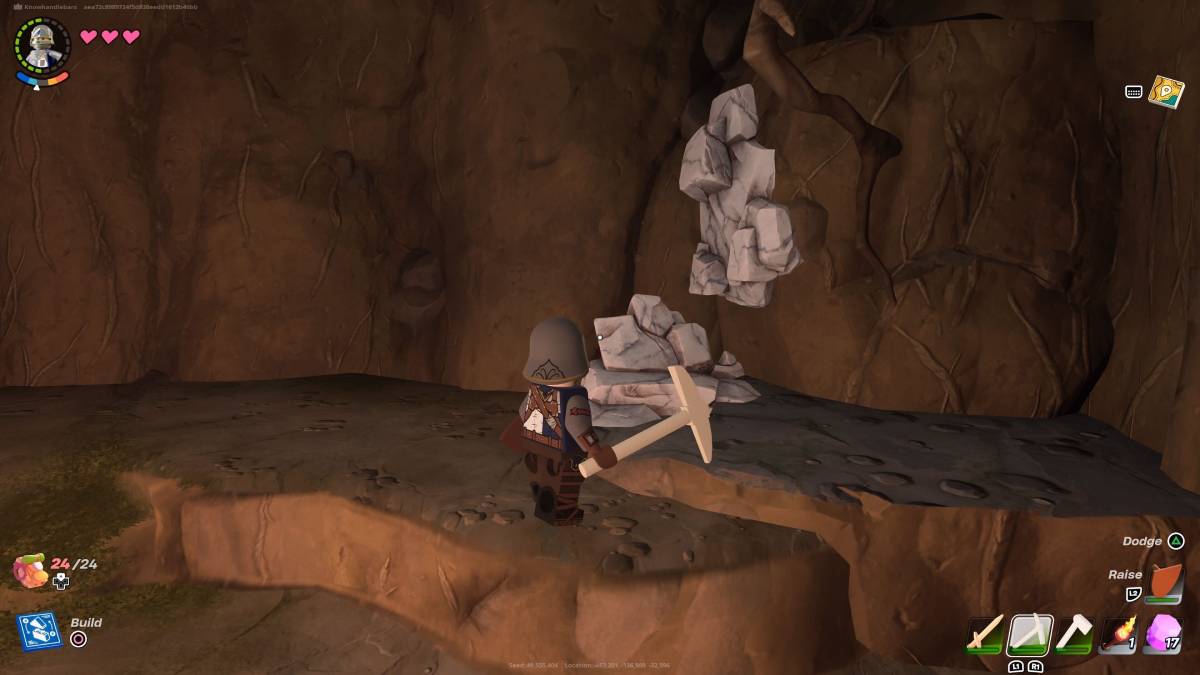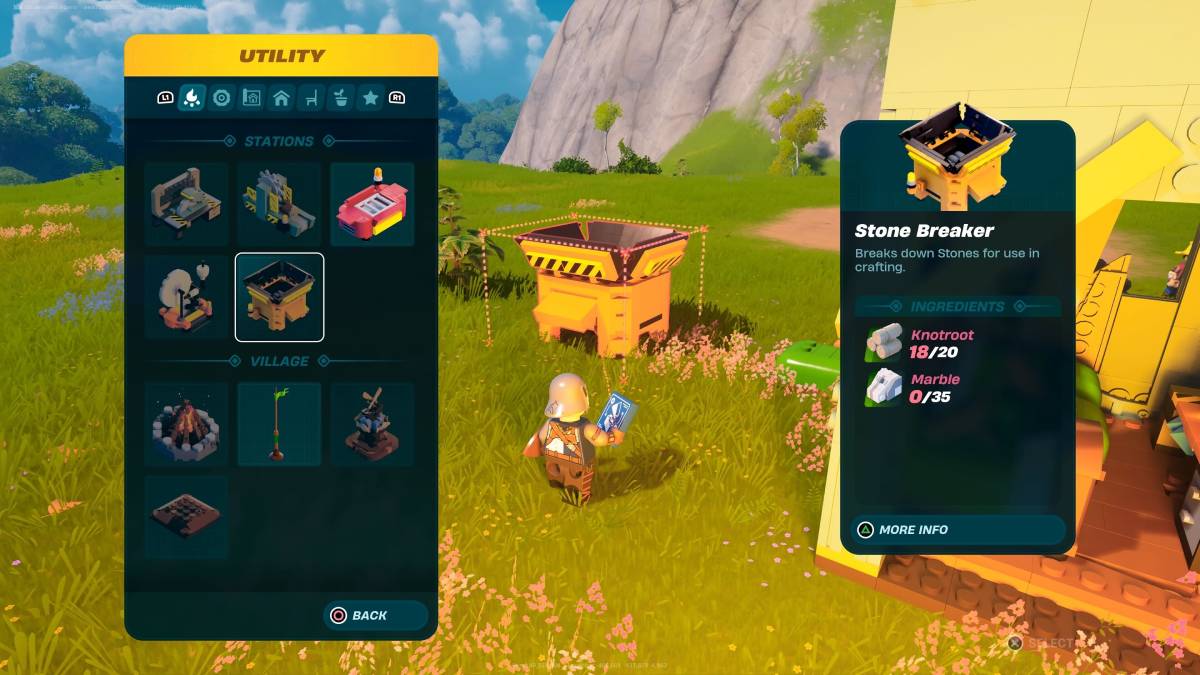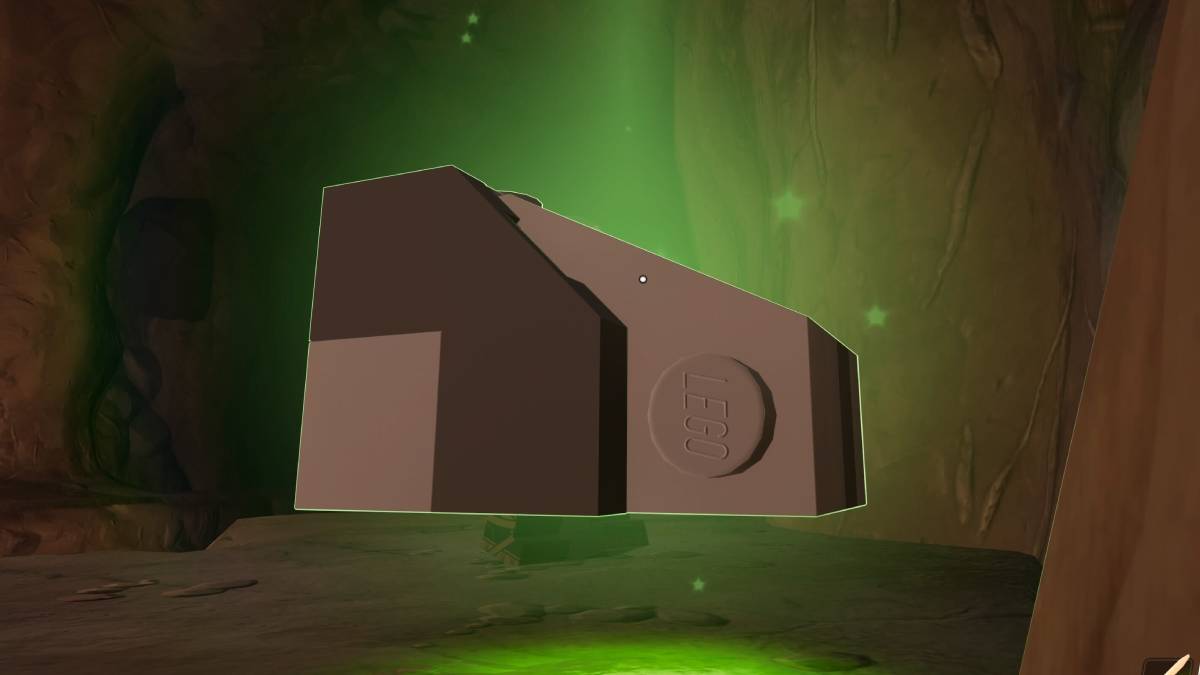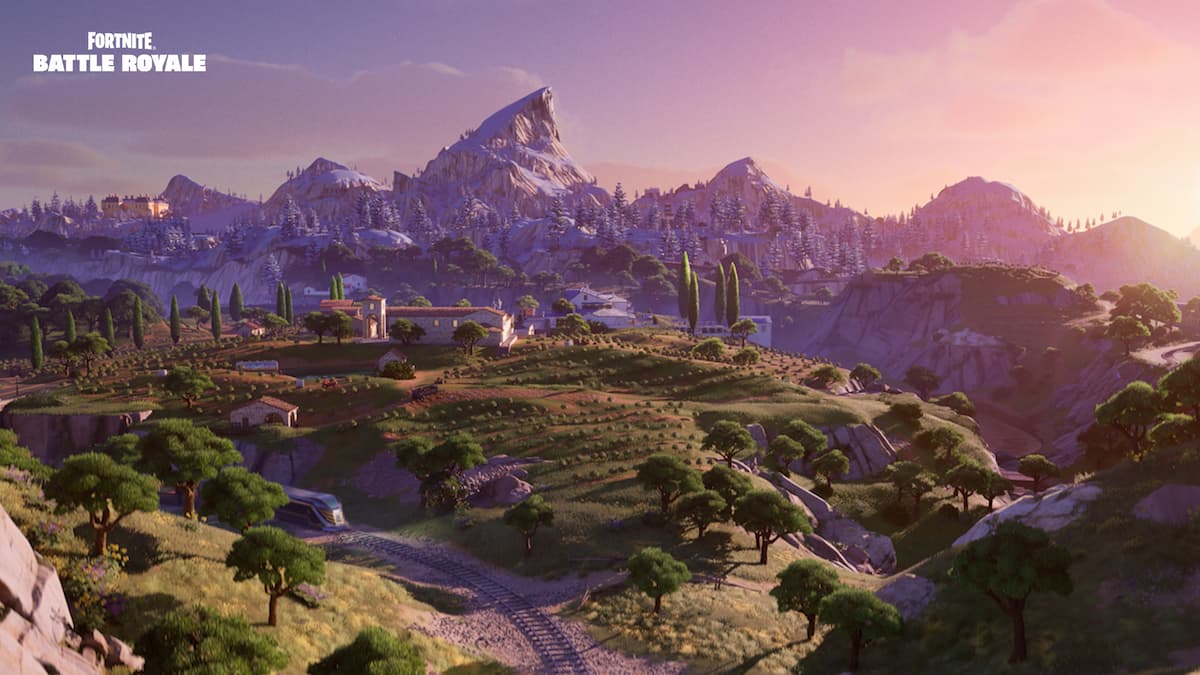Granite will only get you so far in LEGO Fortnite. Like cobblestone in Minecraft, Granite is the cornerstone of building, but players will need to find Marble if they hope to leave LEGO Fortnite’s stone age.
Sadly, you won’t find Marble in the overworld. As far as we know, Granite is the only mineral you’ll find while mining rocks in the overworld. But if you’re looking to upgrade your tools or build fancier structures, you’re going to need a lot of Marble in LEGO Fortnite. Here is everything we know about finding Marble in LEGO Fortnite:
Related: Where To Find Knotroot In LEGO Fortnite
Where Is Marble In LEGO Fortnite?

Marble can only be found inside caves in LEGO Fortnite. You’ll need to set off on a micro-adventure to find Marble, as caves can be treacherous. Once inside, you’ll see white rock deposits dotted around the cave’s walls. These are Marble deposits, which players will mine to get chunks of raw Marble.
Notice: Marbel CANNOT be mine using a normal wooden pickaxe. Players will need to chop down Knotwood (also found in caves) to make a Knotwood Pickaxe in order to mine Marble
What is Marble used for in LEGO Fortnite?

The first thing players will encounter that needs Marble is the Stonebreaker. This is a utility or crafting table similar to the Lumber Mill or Spinning Mill. Players will deposit different rocks (Granite, Marble, etc.) to create new crafting components.
More importantly, players need Marble to craft charms to increase their Health and elemental resistance. If three hearts isn’t cutting it for you, Health Charms are vital to raising your health and elongating your adventures.
Why Can’t I Mine Marble In LEGO Fortnite?
Marble requires a Knotroot Pickaxe (the green one) in order to mine it. You cannot use a normal grey pickaxe on Marble deposits. If you attempt to use a grey pickaxe on a Marble deposit it will show a 0 damage marker and won’t add to the stone’s degredation.







Published: Dec 7, 2023 10:56 am